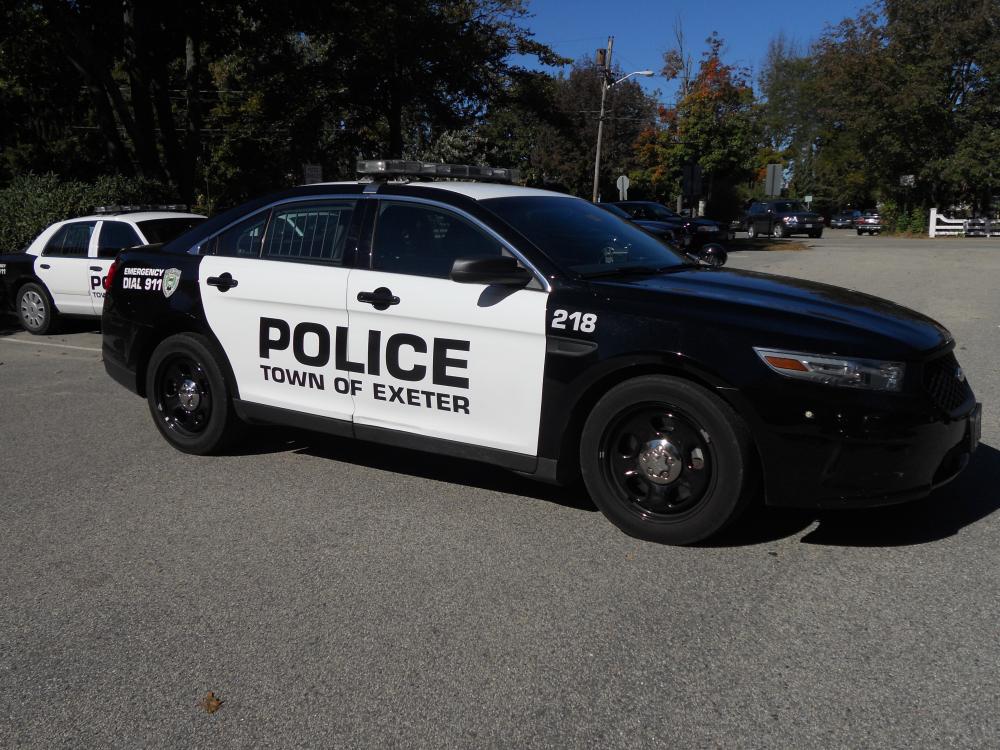A rule exclusively requiring brick for repairs has Newburyport divided.
A battle is brewing over the brick sidewalks in Newburyport, Massachusetts, after a city councilor proposed a change to the materials the city can use to patch them up.
The town is divided over City Councilor Jennie Donahue’s proposal to remove a mandate to patch up sidewalks exclusively with brick. The proposal would allow the sidewalks to be fixed with cheaper materials like dye stamped concrete. Donahue grew up in Newburyport with a progression of vision loss. She said it’s very easy for a wheel chair to get caught in the crevasses of a heaved section of brick.
“This has been on the radar for my whole life,” Donahue told NBC10 Boston Wednesday. “Our sidewalks are undeniably our most public of spaces. If you let that sink in for a moment and so the conversation needs to be much broader than just an aesthetic charm.”
Some say Newburyport’s aesthetic is tied to their brick sidewalks, which date back to the 1800s.
“People come here for the historic look and the aesthetic look. And brick is a key to that,” said James Roy, a Newburyport resident and author. “It’s part of our architectural DNA.”
Others say the uneven surface is a hazard -- especially for those with disabilities.
“It’s just a matter of access and equity and inclusion for anyone,” said Kristen Farrell, co-chair of the Newburyport Commission on Disabilities.
Local
Anyone who finds a problem spot on the sidewalk can call the public service department. The repairs come out of the city’s $6 million dollar five-year plan.
“Brick is twice the insulation costs of concrete,” Newburyport Public Services Deputy Director Jon Carey said. “Bricks themselves -- think of it like Legos. With a concrete sidewalk, it’s a one-piece construction whereas with bricks, you have multiple interlocking pieces.”
Public works officials say it’s easier for bigger cities like Cambridge or Boston’s Beacon Hill to maintain brick sidewalks. It’s a job that Newburyport often has contract out.
“There are a lot more financially sound options,” Donahue said. “It’s just easier to be able to get done in-house and not pay a third party contractor to come and do a small side street.”
But some residents worry without the bricks, the town will lose its quintessential charm.
“It’s absurd. It’s a denial of our heritage. And it’s not going anywhere,” Roy said.
The proposal will remain in committee while the councilor works on the language, according to Donahue. She expects the issue to come up at their next Public Works and Safety Committee meeting, which has yet to be scheduled.



